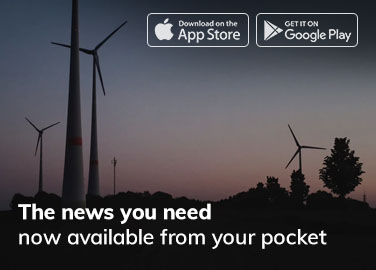Volkswagen Group and Thyssenkrupp Steel have signed a memorandum of understanding (MoU) for the supply of low-carbon steel from Thyssenkrupp’s upcoming direct reduction plant, highlighting their commitment to sustainability and climate protection.
Scheduled to begin operations in 2027, the direct reduction plant will utilize hydrogen and green electricity to significantly reduce the carbon footprint of steel production. Initially powered by natural gas, the plant will transition to hydrogen, producing Bluemint Steel that can meet the Low Emission Steel Standard (LESS) when operated with 100pct renewable hydrogen. This classification, developed by the German Steel Association and supported by Germany’s Federal Ministry for Economic Affairs and Climate Action, documents the climate impact and near emission-free production of steel.
The innovative process allows Volkswagen to reduce CO2 emissions, as steel accounts for 15 to 20pct of an electric vehicle’s total emissions. This decarbonization effort will help Volkswagen meet its climate targets, with supplies set to begin in 2028 and gradually expand.
Steel is essential for vehicle production, with an average of 1,000 kilograms required per car. The longstanding partnership between Volkswagen and Thyssenkrupp focuses on innovative lightweight construction solutions, such as high-strength and hot-formed steels that enhance safety while reducing weight. This collaboration is increasingly centered on electromobility, developing lightweight solutions for stable vehicle structures and electrical steel for efficient drive systems.
Overall, the partnership between Thyssenkrupp Steel and Volkswagen Group aims to drive the mobility transition by leveraging innovative technologies to create sustainable steel solutions.


